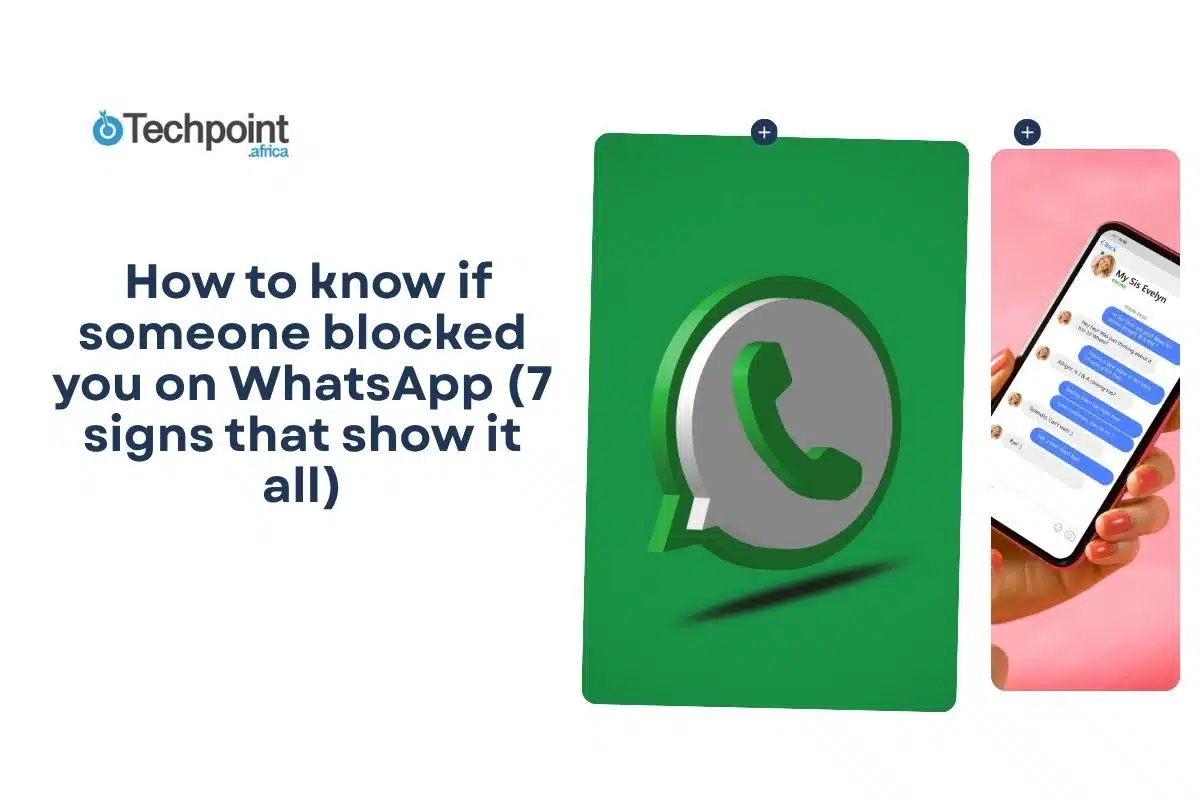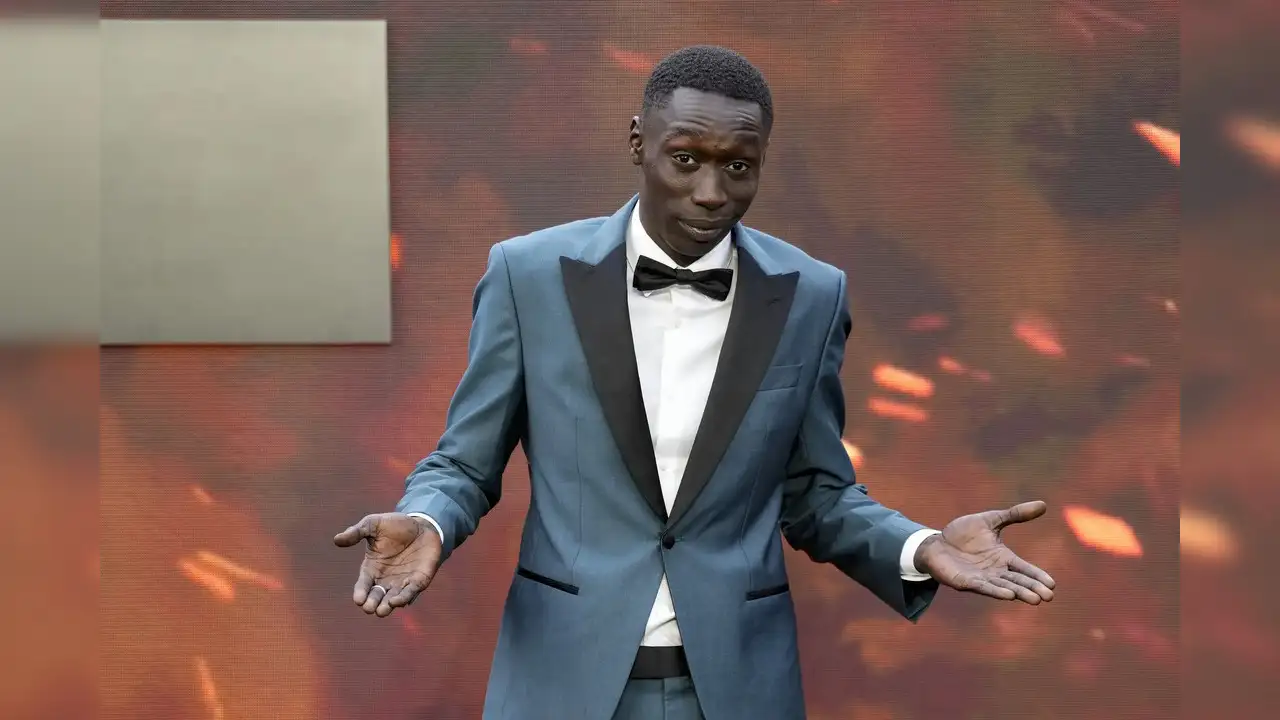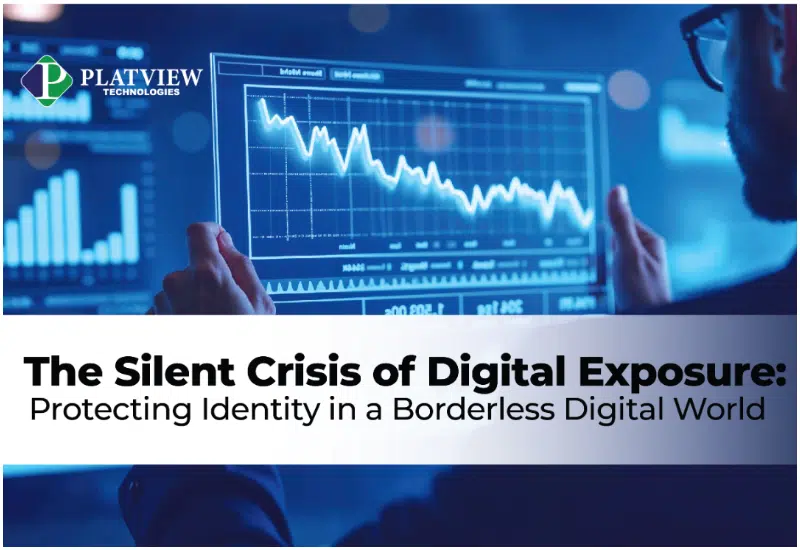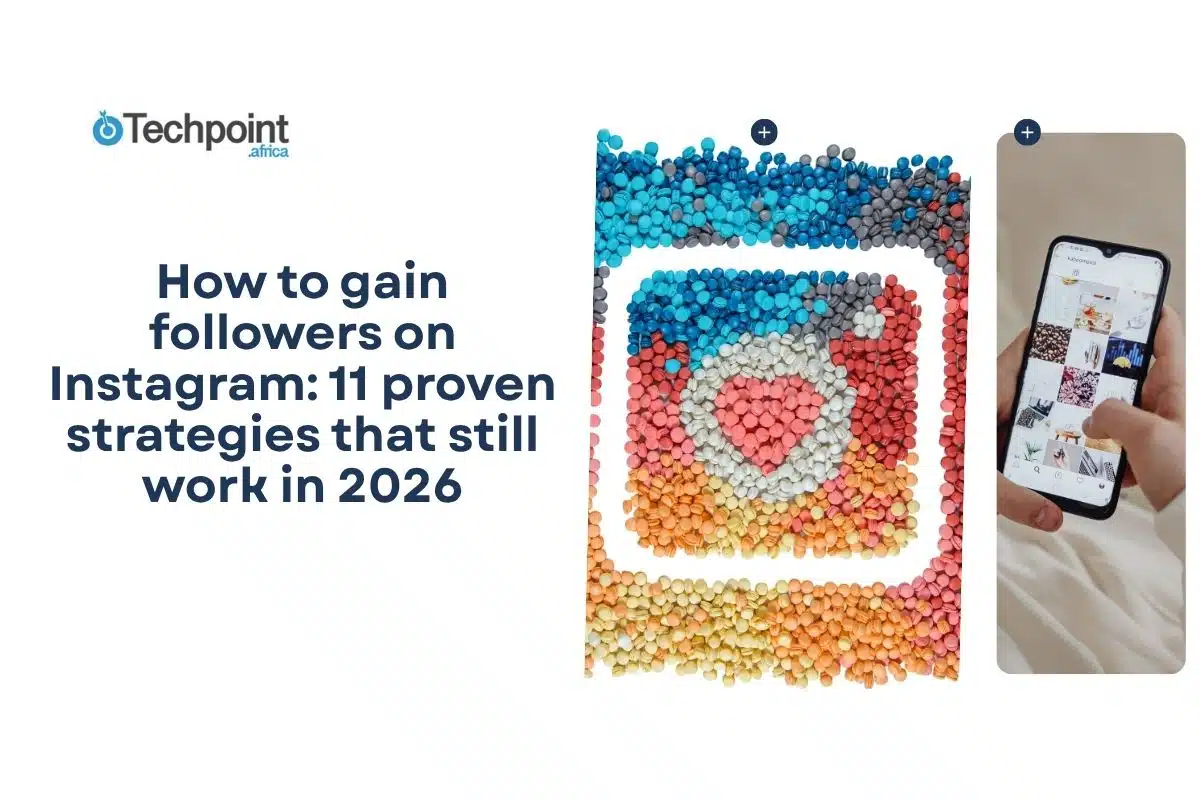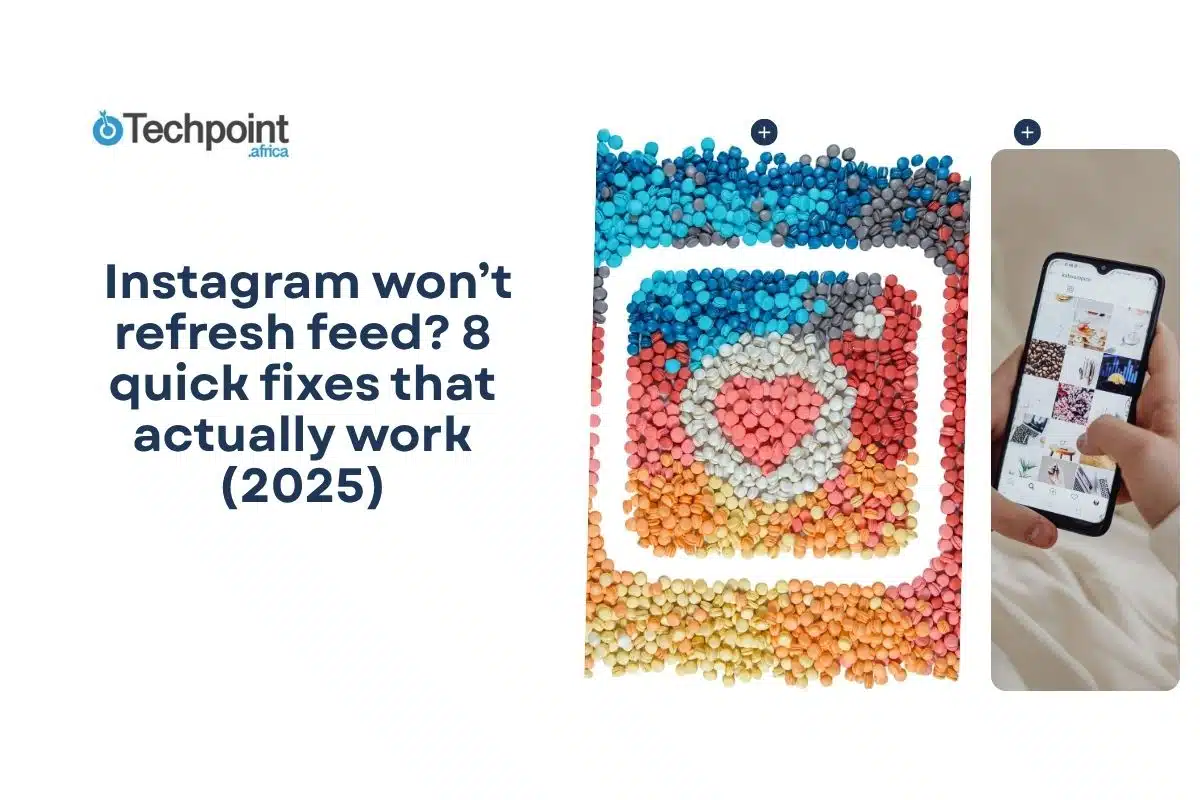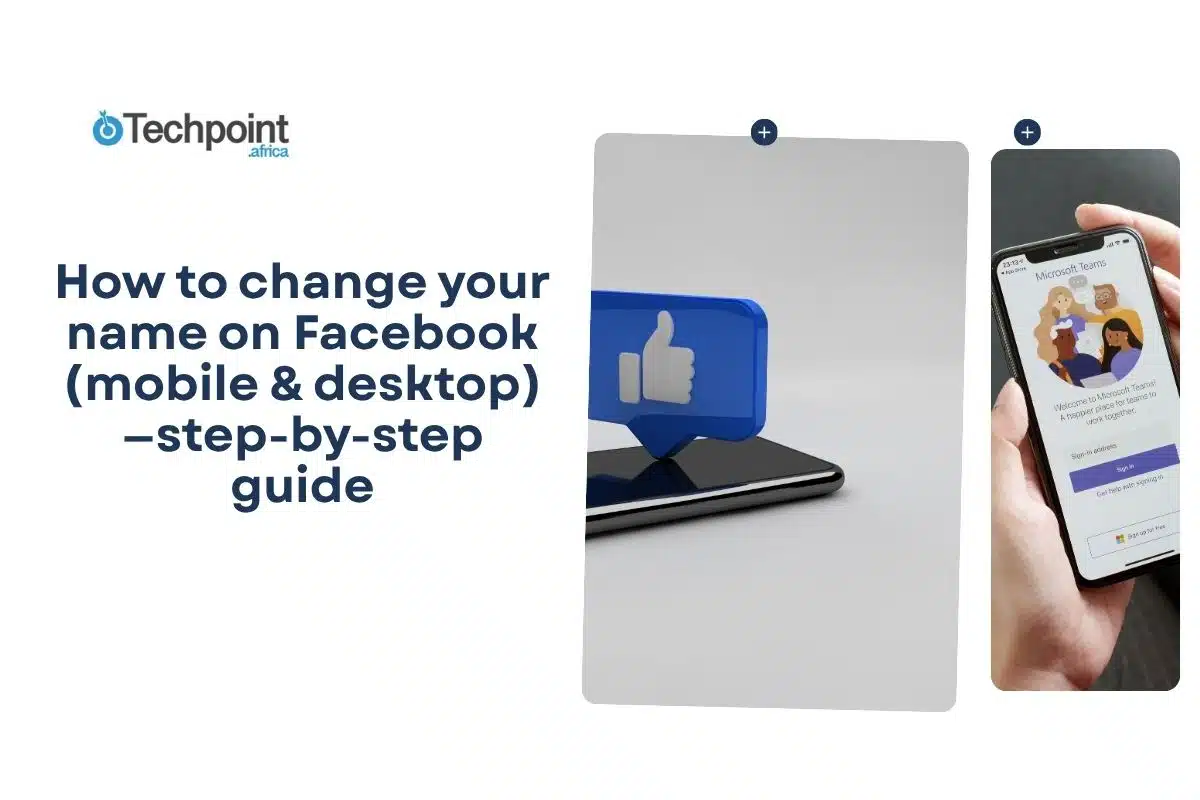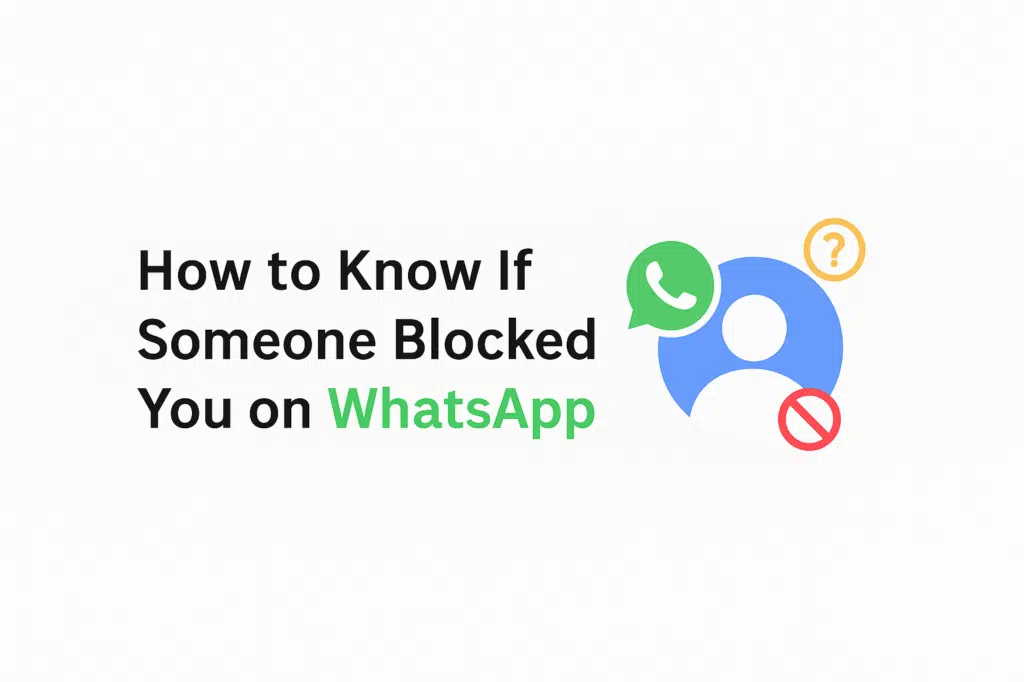
Have you ever sent a message on WhatsApp that just never seemed to go through, or noticed that someone’s profile suddenly went quiet? If you’ve found yourself wondering, “Did they block me?”, you’re not alone. WhatsApp doesn’t directly tell you when someone blocks you, and that’s by design to protect user privacy. But there are several clear signs that, when combined, can give you about 100% certainty of what’s going on.
In this guide, you’ll learn:
- The 7 telltale signs that someone might have blocked you on WhatsApp
- What each sign really means (and what else could explain it)
- How to verify without invading anyone’s privacy
- What to do if you realize you’ve actually been blocked
Let’s start with a quick overview of the signs before we break them down step by step.
Quick-glance: 7 signs someone blocked you on WhatsApp
| Sign # | Indicator | Reliability | What It Means |
| 1 | No profile picture visible | Medium | Could be blocked or privacy change |
| 2 | No “last seen” or “online” status | Medium | Could be blocked or privacy settings |
| 3 | Messages show only one checkmark | High | Strong indicator of blocking |
| 4 | Calls don’t go through | High | Powerful indicator |
| 5 | No status updates visible | Medium | Could be blocked or privacy change |
| 6 | Can’t add to groups | High | Definitive for group blocking |
| 7 | Combined pattern of all signs | Very High | Near-certain confirmation |
Next, let’s break down these steps.
Sign 1: The profile picture disappears or shows a default avatar
Start by opening your chat with the person and checking their profile picture.
If you used to see their photo but now see a blank avatar or default silhouette, that’s the first possible sign.
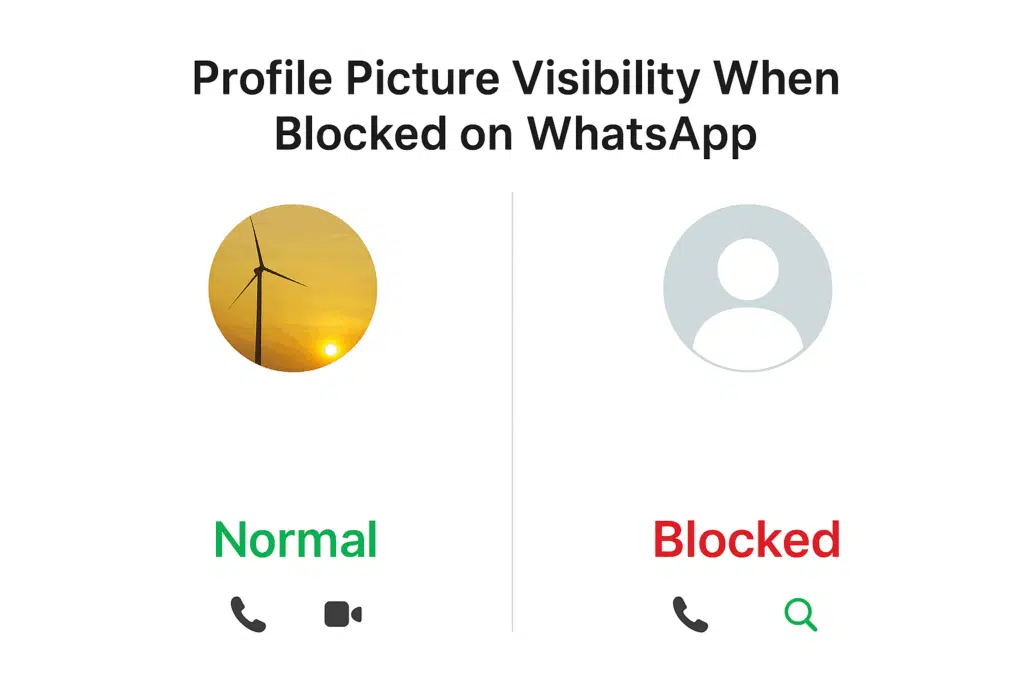
What it means:
- When someone blocks you, WhatsApp hides their profile photo completely.
But here’s something:
They may have simply changed their WhatsApp privacy settings to hide their picture from people who aren’t saved as contacts. OR, they basically removed their profile picture, and there are WhatsApp users who don’t always use profile pictures.
How to verify and be sure:
- Check if you can still see their profile picture in a mutual group chat.
- If you can, then you’re not blocked.
- If you can’t see it there either, the odds are that blocking has happened.
- Send a message; if it double-ticks, then you haven’t been blocked.
Sign 2: Their “last seen” and “online” status disappear
Next, look below their name in your chat. Do you still see their “last seen”

Or “online” status?

If you don’t, it could mean:
- They blocked you, or;
- They’ve turned off “last seen” visibility in Privacy Settings.
WhatsApp now allows users to control who can see their “last seen” status to Everyone, My Contacts, My Contacts Except…, or Nobody.
The difference that clarifies things:
Blocking hides both the “last seen” and “online” status together, whereas privacy settings usually hide only one. If you can see “last seen” for everyone else but not for this one person, it’s likely a block. If it’s missing for more than 5 active contacts, it’s just a privacy change.
Sign 3: Your messages only show one gray checkmark
This is one of the strongest clues that someone has blocked you.
Here’s how WhatsApp’s checkmark system works:
- One gray checkmark = message sent to WhatsApp’s server

- Two gray checkmarks = message delivered to their phone

- Two blue checkmarks = message read

If your message is permanently stuck at one gray checkmark, and it’s been more than a day or two, that’s a serious sign of blocking.
But be cautious:
It could also mean the person’s phone is off, has no internet, or the WhatsApp app has been deleted. Wait 24–48 hours before drawing conclusions.
Sign 4: WhatsApp calls don’t connect
Try making a voice or video call to the contact. If your call shows “Calling…” but never

switches to “Ringing…” or ends immediately, that’s another major red flag.

Blocked users can’t reach the blocker by call because WhatsApp doesn’t connect the line.
But it’s not always a block. Poor internet connection or phone downtime can cause the same behavior.
How to test it:
- Try again at different times of day.
If it never rings, and you see other blocking signs too, then the evidence adds up.
Sign 5: Their status updates vanish completely
If their WhatsApp statuses used to appear under the Status tab, but now you see nothing, it’s reasonable to think they have blocked you.
But not everyone posts statuses regularly, so you shouldn’t rely on this sign without doing this:
- Text them and watch out for the message delivery behavior, that’s, it’s one grey tick? Two? Or did it give double blue ticks?
If your message is delivered and answered, then they didn’t block you. But if it shows one grey tick for several hours? Then it’s time to do this:
- Ask a mutual contact to check if that person has posted a status recently and send a screenshot if they see it. If they can see it but you can’t, then that could mean one of two things:
- They’ve blocked you, or;
- They’ve changed their Status Privacy to hide updates from you.
Sign 6: You can’t add the person to a WhatsApp group
This is one of the most definitive signs.
When someone blocks you, WhatsApp prevents you from adding them to any new group. However, WhatsApp now lets users control who can add them to groups via Privacy > Groups > My Contacts / My Contacts Except / Nobody.
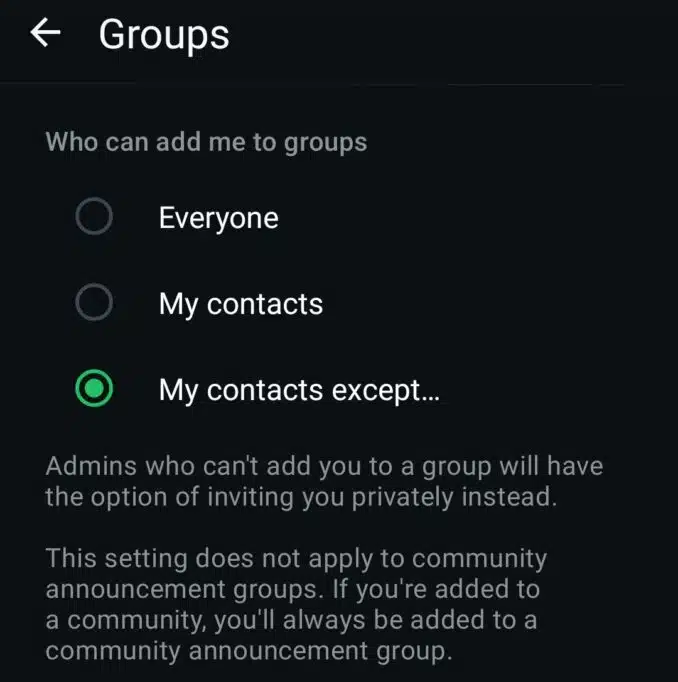
So try this simple test:
- Create a new group.
- Add the suspected contact.
If you receive a message saying “You’re not authorized to add this contact,” it means they’ve either blocked you or changed the group privacy settings.
Sign 7: The combination test — multiple signs together
One sign alone rarely confirms anything. However, if you notice most of the patterns below together, then you can be nearly certain of what’s happening without guessing or confronting them.
Here’s how to interpret combinations:
| Signs Present | Likelihood of Being Blocked | What to Do |
| 1–2 signs | 30–40% | Could be privacy or connection issues — wait and observe |
| 3–4 signs | 60–75% | Likely blocked; respect their choice |
| 5–6 signs | 85–95% | Almost certainly block |
| All 7 signs | 95–99% | Definitely blocked |
What blocking does (and doesn’t) affect on WhatsApp
Here’s what stays the same (and what vanishes) when someone blocks you:
1. Your old chats stay visible to you but not to them if they deleted the chat box.
- You won’t lose your past messages or media; they remain in your chat window. However, anything new you send won’t reach the person’s phone.
2. You’ll still see their saved contact name.
- The name you saved in your phone contacts doesn’t change. It’s local to your device, not controlled by WhatsApp.
3. Shared group messages remain intact.
- If you and that person are in the same group, all old messages and media stay visible. Blocking doesn’t remove or alter group history.
4. You can still interact in mutual groups.
- Both of you can continue participating, but you won’t see each other’s private activity (like profile picture, status, or online updates).
5. You can’t send direct messages or make calls.
- Messages will stay on one gray tick, and calls will never ring through. That’s WhatsApp’s silent way of cutting the direct line between you.
What to do (and not do) if you’ve been blocked
Getting blocked can sting and get personal really fast, but it pays to remember it usually means the other person needs space, clarity, or simply wants to disconnect quietly.
Here’s the best way to handle it maturely:
1. Respect their boundaries.
- Don’t try to reach them through alternate numbers, social media, or mutual friends. It often backfires when they ignore it again and feel it is invasive.
2. Give it time.
- Sometimes, blocks are temporary and help alleviate period tension or serious misunderstandings.
3. Self-check without blame.
- Think calmly: Was there a disagreement, an overload of messages, or a miscommunication? Reflection can reveal patterns worth learning from.
4. Focus your energy elsewhere.
- Reach out to people who welcome your messages. Healthy conversations thrive on mutual respect, not chase or silence.
5. If absolutely necessary, use a neutral channel.
- In unavoidable cases, such as urgent work or family matters, a brief and polite message via email or through a mutual contact is acceptable. Keep it factual, not emotional.
In conclusion,
Getting blocked on WhatsApp can be frustrating, but knowing the signs helps you find clarity without second-guessing yourself. When messages stay on one check, calls don’t connect, and profile details disappear, it’s usually a clear signal to move on gracefully.
Remember, blocking is a personal privacy choice, not a rejection. Respect it, keep your cool, and focus your energy on positive, open connections that value communication.
If you’re curious about other WhatsApp behaviours and need clarification on them, check out guides like How to know if your WhatsApp is cloned, How to tag everyone in a WhatsApp group, and How to create a WhatsApp link in quick, easy steps
FAQs
1. Does WhatsApp tell you if someone blocks you?
- No. WhatsApp does not notify users when they are blocked. You must infer it using multiple signs, such as ticks, profile visibility, calls, and group behaviour.
2. If I see only one gray tick forever, am I definitely blocked?
- Not necessarily. A persistent single gray tick is a strong clue, but it can also indicate that the recipient’s phone is off or they have no internet connection. Combine with other signs before concluding.
3. Can someone hide their “last seen” without blocking me?
- Yes. Users can change their privacy settings to hide their last seen status from everyone or select specific contacts, so a missing last seen status alone isn’t proof of a block.
4. If I can add someone to a group, then I’m not blocked, right?
- Correct — if you can add them to a group successfully, you’re not blocked. Conversely, a failed add is strong evidence of a block, but can also be caused by group or contact privacy settings.
5. Will a blocked person still see my messages in a group we both belong to?
- Yes. Blocking only affects direct one-to-one messages and calls; in groups, you’ll both see each other’s messages unless you leave or mute the group.
6. What should I do if I’m being harassed before or after being blocked?
- Block and report the contact via WhatsApp’s reporting tools; keep evidence if you need to escalate the issue to the authorities. Use WhatsApp’s help options for reporting.

